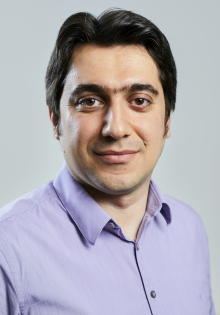Approximate Computing (6 CP, 3V+2Ü)
This course will be given in English and starts on Thursday, October 14, at 11:15 hours in room O2.
Subject and Goal
Approximate Computing is an emerging paradigm that trades-off computational accuracy for a significant reduction in energy, execution time, or chip area. This research-oriented course introduces to the field of Approximate Computing and its most remarkable aspects, and explains the main methods used to implement efficient computing systems by reducing accuracy. The course discusses approximations at all levels of a computing system, from applications down to hardware technologies. The tentative list of topics includes:
- Introduction and motivation for inexact computing
- Approximation at the application level
- Programming languages/compilers for approximate computing
- Approximate microarchitectures
- Synthesis of approximate circuits
- Inexact arithmetic components and performance optimization via accuracy trade-offs
- Approximation techniques at the technology level
To get a first impression please check out the Introduction slides (PDF). In exercise/tutorial sessions the efficiency of these techniques in various domains are examined, including deep learning and digital signal processing.
Who Should Take this Course?
This is an elective course for students of the Master programs Computer Science and Computer Engineering. There are no formal prerequisites for taking this course. However, since this is an advanced Master-level course with a strong focus on current research a solid background in micro/nano-electronics, computer architecture, and algorithms for design automation is extremely helpful.
Dates and Times, Materials
As e-learning platform we will use this PANDA course, where lecture slides, exercise sheets, screencasts with audio/video tracks, lab instructions and further materials will be made available. The lecture will use the "inverted classroom model", i.e., instead of frontal teaching, a time window is created for joint discussion and deepending of understanding. Furthermore, the lecture material can be studied at any time, as often as desired and from anywhere.


